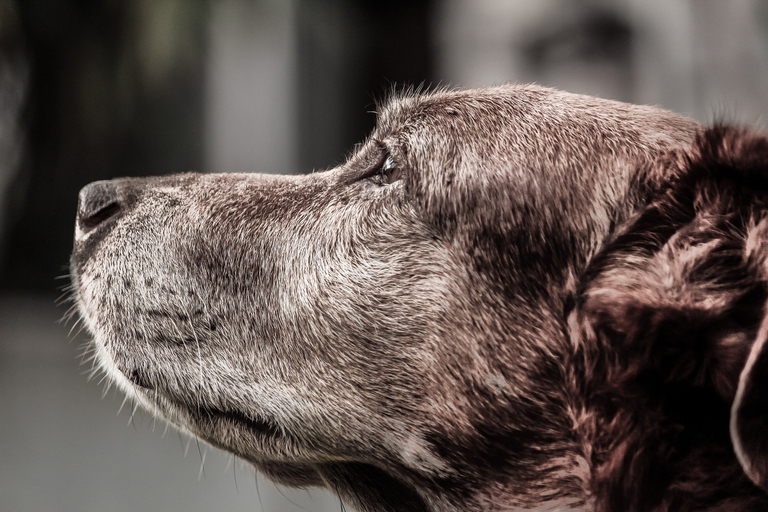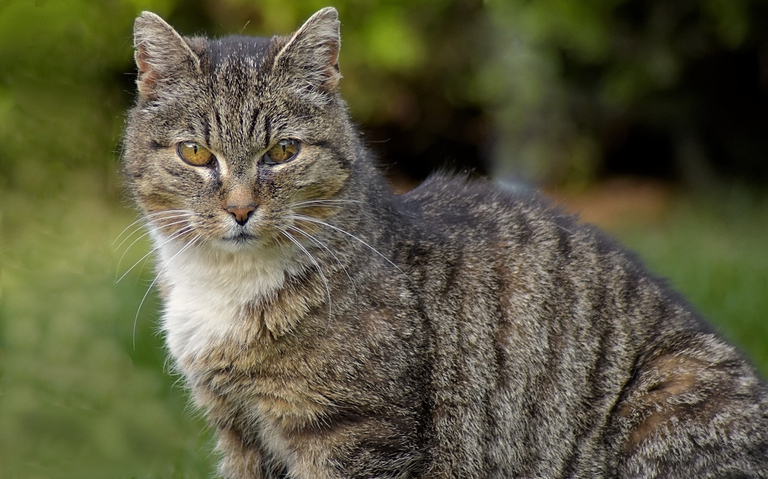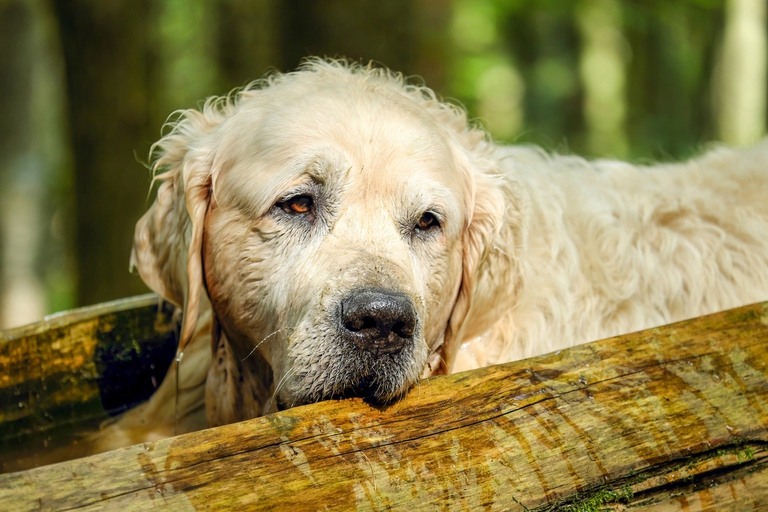https://www.lifegate.it/dieta-antinfiammatoria-cani-gatti
- |
- The health of elderly dogs and cats begins with proper daily nutrition.
- The theories that combat so-called inflammaging help us to formulate a new type of nutrition for the elderly.
- In the anti-inflammatory diet, priority is given to vitamins, trace elements and the right daily hydration.
Also for dogs And cats the anti-inflammatory diet has become important with a view to lasting well-being.And given that our four-legged companions are becoming more and more similar to us, both in terms of health and the prevention of small or large pathologies, theinflammaging, a term that unites inflammation (inflammation) e aging (aging).In fact, there seems to be a close correlation between aging and chronic low-grade inflammation which has no visible symptoms, but which affects the entire organism.As regards the nutritional aspect of this dietary orientation, we speak with the Dr. Chiara Dissegna, veterinary surgeon who collaborates with the team of Nutravet, animal nutrition.

When the anti-inflammatory diet is essential for well-being
Aging is a physiological process that affects all living beings.A small to medium sized dog can be considered elderly among 7 and i 10 years, those of large or giant size between 6 they 8. The cat begins to be considered in the third age among the 11 and i 14 years.However, the average life expectancy is 13-14 years for dogs and of 12-15 years for cats.Aging is linked not only to race and size, but also to other factors such asdiet, it lifestyle, it stresss and l'physical activity. The objective of veterinary nutritionist with the most correct diet and functional supplements is obviously to improve the quality of life and increase its life expectancy and control the pathologies that often afflict elderly people (arthrosis, cognitive dysfunctions, obesity, etc.).
During old age, pets also experience a reduction in weight metabolism, a lower capacity digestion and of absorption of the nutritional principles, a stiffening of cell membranes, processes oxidative And loss of muscle mass.On these points, a suitable, appropriately integrated diet can make the difference.

What should never be missing from the inflammatory diet
When managing an elderly pet, antioxidant substances should never be missing (vitamin A, vitamin C, vitamin E, omega 3 in the head), micronutrients with immunomodulatory activity (selenium, zinc, vitamin D and vitamin A) and the right amount of prebiotics And probiotics.Let's talk, therefore, above all about omega 3 fatty acids which have the task of keeping cell membranes fluid and contribute to an anti-inflammatory action.Furthermore, these substances improve and slow down the cognitive decline of the elderly animal and have numerous beneficial effects on the cardiovascular, renal and osteoarticular systems.
Also in the foreground are antioxidant vitamins, such as C which neutralizes the hydrogen peroxide and reactivates the vitamin AND, another powerful antioxidant capable of blocking the lipid peroxidation, one of the main causes of organic aging.The acid alpha lipoic, finally, it is very useful especially in case of pathologies neurological or cognitive that can afflict our animal friends during old age.

The importance of hydration and fresh food
The anti-inflammatory diet of an elderly person must be rich in proteins of high biological value, must not exceed fiber or carbohydrates and it is important that it contains the right mix of saturated fat And unsaturated.It is also essential that the elderly dog or cat drinks enough to provide the basic liquids for his daily well-being.
Often, in fact, especially cats, are inclined to drink less, but we must consider that water is the most important nutrient in both human and animal nutrition.Encouraging our felines to drink and using fresh food in the daily bowl is always the best choice and can help the house cat to face the typical diseases of old age more peacefully.
